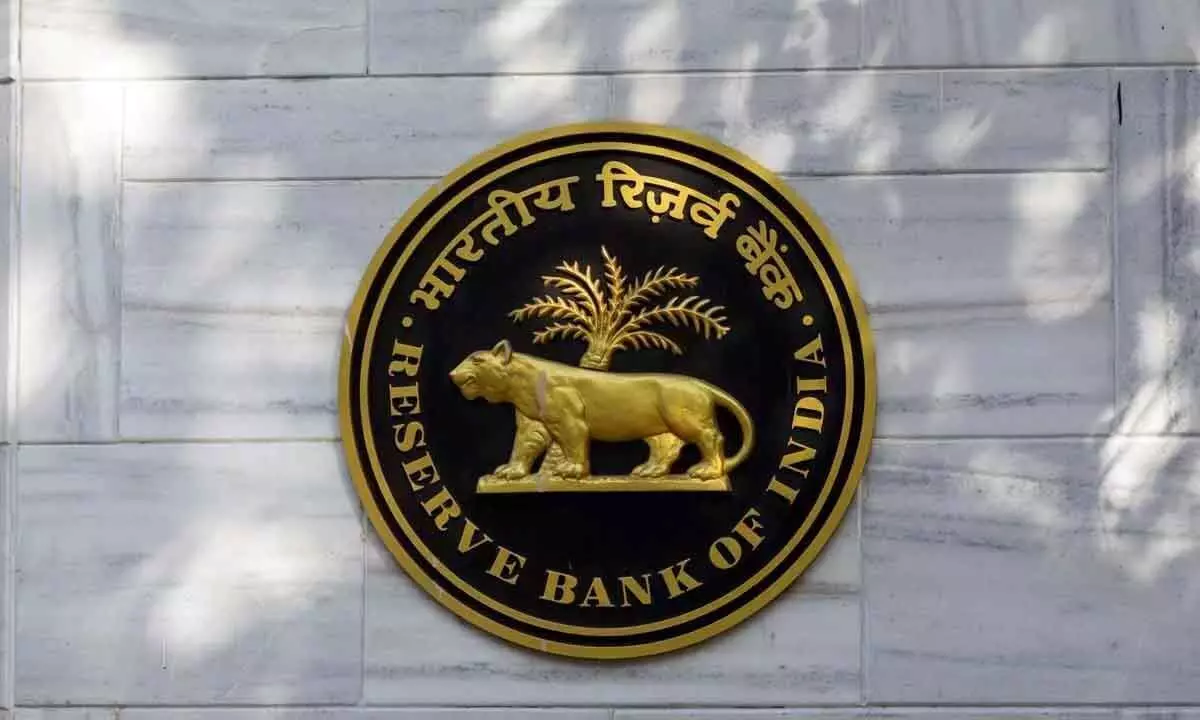RBI tweaks rules to cut risk banks face in exposure to capital markets
Share :

The RBI on Friday tweaked rules to reduce the risk faced by banks in their exposure to capital market in the case of issue of Irrevocable Payment Commitments (IPCs).
Mumbai: The RBI on Friday tweaked rules to reduce the risk faced by banks in their exposure to capital market in the case of issue of Irrevocable Payment Commitments (IPCs).
The RBI issued a circular stating that “only those custodian banks will be permitted to issue IPCs, who have a clause in the agreement with clients giving the banks an inalienable right over the securities to be received as payout in any settlement.”
However, this clause will not be insisted upon if the transactions are pre-funded i.e., either clear INR funds are available in the customer's account or, in the case of FX deals, the bank’s nostro account has been credited before the issuance of the IPC.
The maximum intraday risk to the custodian banks issuing IPCs would be reckoned as Capital Market Exposure (CME) at 30 per cent of the settlement amount.
This is based on the assumption of 20 per cent downward price movement of the equities on T+1, with an additional margin of 10 per cent for further downward movement of price, the RBI said.
In case the margin is paid in cash, the exposure will stand reduced by the amount of margin paid. In case the margin is paid by way of permitted securities to Mutual Funds / Foreign Portfolio Investors, the exposure will stand reduced by the amount of margin after adjusting for a 'haircut' as prescribed by the Exchange on the permitted securities accepted as margin, the RBI added.
Under T+1 settlement cycle, the exposure shall normally be only for intraday. However, in case any exposure remains outstanding at the end of T+1 Indian Standard Time, capital will have to be maintained on the outstanding capital market exposure in terms of the Master Circular – Basel III Capital Regulations dated April 1, 2024, as amended from time to time.
The underlying exposures of banks to their counterparties, emanating from the intraday CME, will be subject to limits prescribed under Large Exposure Framework dated June 3, 2019, as amended from time to time.
The RBI said that these instructions shall come into force with immediate effect.
The RBI also explained that the risk mitigation measures prescribed in its earlier circular were based on T+2 rolling settlement for equities (T being the Trade day). The Stock Exchanges have since introduced T+1 rolling settlement, and accordingly, the extant guidelines on issuance of IPCs by banks have been reviewed.
Henceforth, all IPCs issued by custodian banks under the T+1 settlement cycle will comply with the new instructions.















